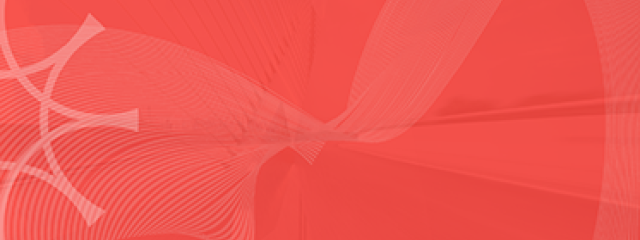CPA Leads Transition to Electronic Payments with Launch of Global Messaging Standard in Canada
Canadian business community leaders and financial institutions endorse ISO 20022 adoption
Ottawa, ON – (April 25, 2016) - Today, Canada joins a growing list of countries that have adopted ISO 20022, an important first step in the modernization of Canada’s payment system.
ISO 20022 is a global standard for electronic payment messages that will help businesses and financial institutions facilitate the move away from paper by creating the ability to exchange more information – like invoices - with electronic payments. ISO 20022 also helps to streamline cross-border payments by using a common global “language” for payments data.
In keeping with its responsibility to underpin the Canadian financial system and economy by providing safe, efficient and effective clearing and settlement of payments, The Canadian Payments Association (CPA) has embarked on a multi-year initiative to modernize our payments system. This early development is an important step in a process that, over time, will enable significant improvements to the overall payments system.
“Our (participant financial institutions endorse ISO 20022 because it is clear that consumers and businesses alike will benefit from exchanging more data with electronic payments,” said Gerry Gaetz, President and CEO of the CPA. “The adoption of ISO 20022 will enable the Canadian financial community to provide better service, both domestically and across borders, to their customers.”
The demand for ISO 20022 is widespread amongst Canadian businesses: “Using one set of payment message definitions instead of several will save businesses time and money. We fully support this move, and we look forward to ongoing collaboration with the CPA, financial institutions and other stakeholders as payment system modernization continues,” said Cory Hathaway, Director, Treasury at Canadian Pacific.
Along with greater efficiencies, the standard brings with it tangible economic benefits. For example, recent research indicates that cost savings from the adoption of ISO 20022 could be as high as $4.5 billion over five years from the reduction in cheque volume alone. In 2015, nearly one billion cheques were written in Canada. Though hard to quantify, the full financial benefits of ISO 20022 are expected to far exceed that figure.
ISO 20022-enabled messages and rules for Automated Funds Transfers (which include payments like direct deposits and pre-authorized debits) are now available for implementation in the market and are the result of nearly two years of extensive work by CPA with financial institution participants and stakeholders. The approach for the Large Value Transfer System (LVTS) and Electronic Data Interchange (EDI) will follow.
The CPA is leading ISO 20022 with a market-driven approach to adoption out of consideration for the business cycles of its member financial institutions. As implementation proceeds, the CPA will work with financial institutions, businesses and stakeholders to determine appropriate end dates for adoption. Similar to how remote cheque deposit capture is being implemented, the CPA will support ISO 20022 adoption with sound research, industry consultation, education and training.
For more information on ISO 20022 in Canada, including rules, messages and training guide and a full list of endorsements from Canadian business community leaders, please visit the CPA’s Resource Centre.
About the Canadian Payments Association:
The Canadian Payments Association (CPA) ensures that financial transactions in Canada are carried out safely and securely each day. The CPA underpins the Canadian financial system and economy by owning and operating Canada’s payment clearing and settlement infrastructure, including associated systems, by-laws, rules and standards. The value of payments cleared and settled by the CPA in 2015 was nearly $50 trillion, or $197 billion every business day. These encompass a wide range of payments made by Canadians and businesses involving inter-bank transactions, including those made with debit cards, pre-authorized debits, direct deposits, bill payments, wire payments and cheques.
-30-
For media inquiries, please visit the Media Centre.


